How a joke about pies caused an uprising with human victims in Novocherkassk
Categories: Conflict | History
By Pictolic https://pictolic.com/article/how-a-joke-about-pies-caused-an-uprising-with-human-victims-in-novocherkassk.htmlThe events that took place in 1962 in the city of Novocherkassk were strictly classified and for the first time the masses learned about them only during the years of perestroika. The uprising, during the suppression of which 26 people were killed and dozens were injured, began at the Novocherkassk Electric Locomotive Plant. Budennogo (NEVZ) and covered almost the entire city. The citizens had enough reasons for a riot, but the catalyst was only one phrase, jokingly thrown by a respected person.
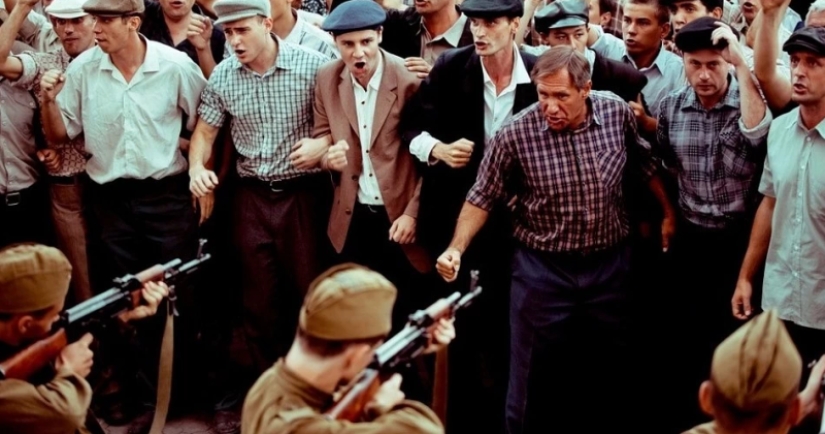
The year 1962 was especially important for the Novocherkassk plant, as the company mastered the production of new VL80 electric locomotives designed to replace the outdated VL60. In those years, I aspired to be ahead of the whole planet and the new car was supposed to be the most powerful and economical in the world.
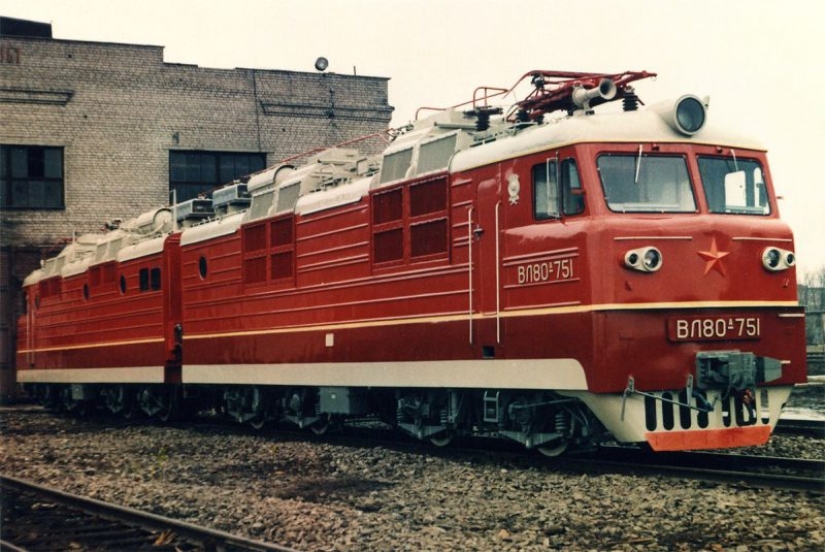
In total, in 1962, NEVZ was to produce 457 new electric locomotives, including two innovative VL80S. The plant was preparing for responsible work in advance — new machines were delivered to its workshops, which were included in the first major wave of technical re-equipment.
Only now, with the installation of new equipment, the factory workers did not work out — the deadlines were hopelessly disrupted and the launch of the machines was not expected in the near future. The head of the enterprise was strongly "attached" from Moscow — the country needed electric locomotives, and the new VL80, the release of which had already been joyfully announced to half the world, became a political issue.
The plant's director Boris Kurochkin reported daily to the capital on how things were going with the installation of new machines. A competent manager and an excellent engineer, Kurochkin was a frequent guest in the workshops of his company. In 1962, when a lot was at stake, and Nikita Khrushchev personally controlled the issue, the director spent every free minute among the workers.
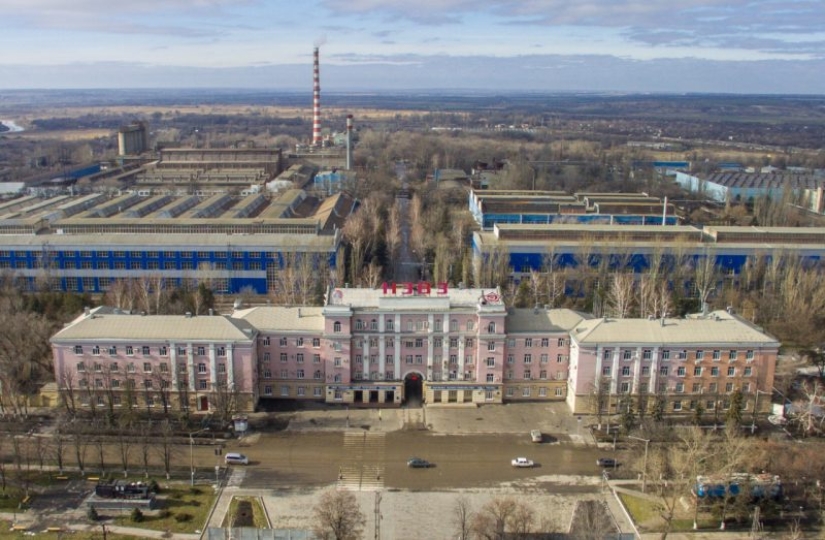
The director of the plant had one unpleasant trait — he was never shy of expressions and, often, behaved offensively with subordinates. There were different people among the employees of NEVZ in the 60s. There were many qualified specialists and intelligent engineers among them, but there were also people with a criminal past.
Poor working conditions, poor solution of household issues and small salaries contributed to staff turnover. The most acute problem for factory workers was housing — the company did not build housing at that time and many had to rent a room or even a bed from private owners. With an average salary of 100 rubles, I had to pay 25-30 rubles a month for housing.
It is worth adding here that in Novocherkassk, as in the whole country, in 1962 it was not important with products. No, people were not starving, but such important products as bread, cereals and milk periodically disappeared from store shelves. In general, the situation at the factory and in the city was generally quite tense, and in this situation Director Kurochkin resorted to unpopular methods.
In order to speed up the installation of machines and deliver the promised products to the country as soon as possible, he decided to intensify labor and change prices. Since January 1962, the wages of the company's workers have decreased by a third — thus Kurochkin wanted to encourage factory workers to work more productively.
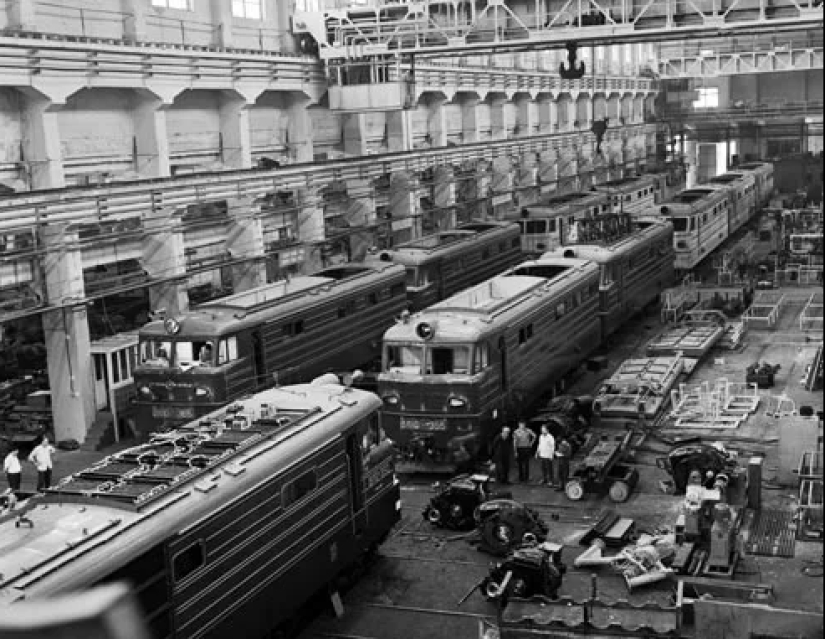
At this very inopportune moment, the country announced an increase in prices for many basic foodstuffs, including bread, meat and eggs. The news caused workers to murmur and a spontaneous rally gathered in the steel shop.
Foundry workers have always been considered privileged workers and their situation angered the most. Kurochkin reduced their wages later than others, not in January, but in May 1962, and the first cut in June salary exactly coincided with the price increase.
At the moment when the foundry workers were actively discussing the current situation, Boris Kurochkin came into the workshop and, seeing that the production was standing, immediately raised his voice. In the heat of the argument, the director made a cruel joke: "There is no money for meat and sausage, eat pies with liver." It was she who overflowed the cup of patience of the workers who decided to strike.
The plant completely stopped, and 5 thousand of its workers came to the square in front of the plant management. No one listened to Kurochkin after the remark about the pies, so the first secretary of the regional party committee, Alexander Basov, came out to the protesters.
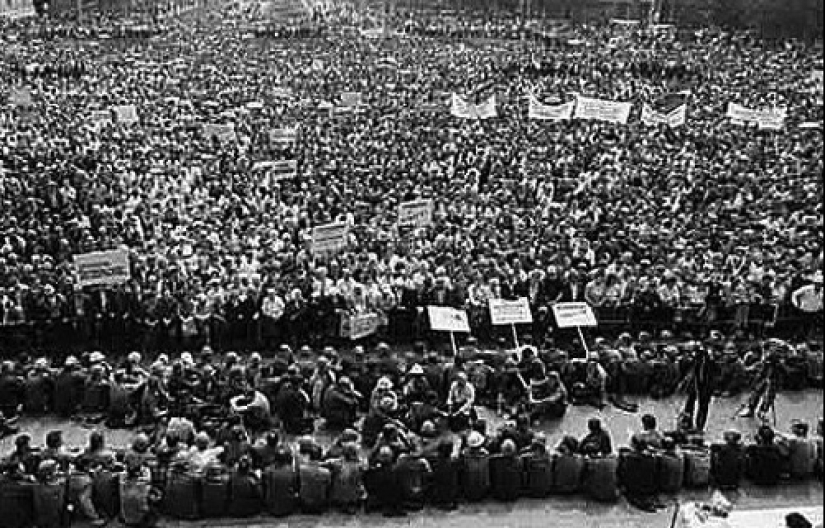
The party functionary immediately took the wrong tone and stones flew at him from the crowd. Along the way, Elkin, the plant's chief engineer, got beaten up by the crowd. Later, witnesses claimed that they were going to burn him alive. The police barely managed to beat off the engineer, who still got pretty badly.
The unrest grew and the townspeople began to join the factory workers. Offensive posters appeared in the crowd, several streets and a railway line were blocked. On June 2, there were even more people and they flatly refused to disperse.
Military and tanks were brought into the city, with which the authorities tried to disperse the crowd. In the confusion, someone took away a machine gun from Private Repkin, because of this, they opened fire to kill. A total of 26 people were killed on June 2, and 87 received gunshot wounds. 35 servicemen received injuries of varying severity, but there were no fatalities among them.
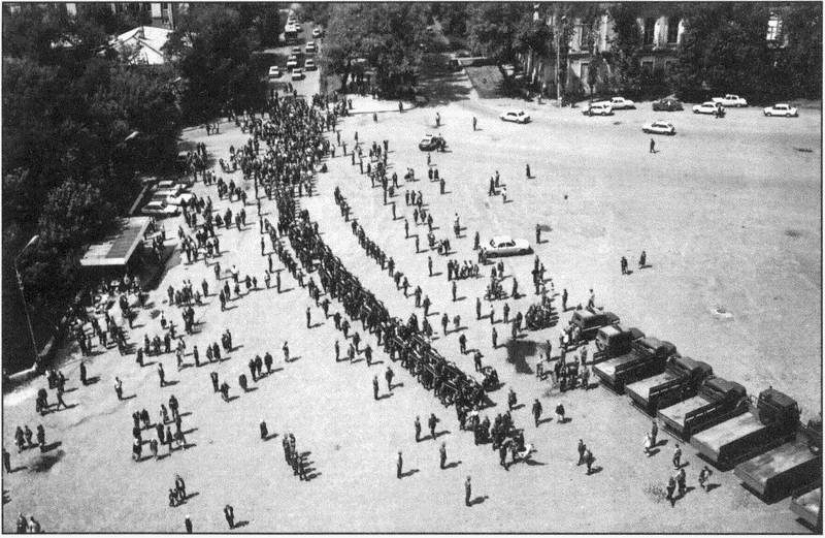
After these events, demonstration courts were held in Novocherkassk, which sentenced 100 rioters. Seven of them received capital punishment and were shot, and the rest went to the colonies to serve solid terms.
As for the director of the plant Boris Kurochkin, with whose malicious joke the Novocherkassk uprising began, he was simply fired. The events of June 1-2, 1962 drew attention to the problems of factory workers and finally began to build housing for them and deliver food in a timely manner.
VL80 electric locomotives soon became the main products of NEVZ and, after a very short time, were recognized as the most common on the railways of the world.
Recent articles

It's high time to admit that this whole hipster idea has gone too far. The concept has become so popular that even restaurants have ...

There is a perception that people only use 10% of their brain potential. But the heroes of our review, apparently, found a way to ...

New Year's is a time to surprise and delight loved ones not only with gifts but also with a unique presentation of the holiday ...